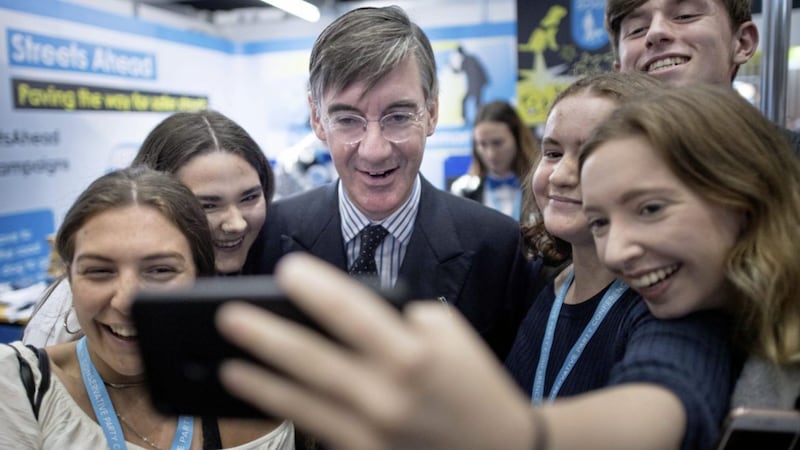THERE was a time when just one of the recent news stories would have had a significant impact on investor sentiment, but we are fast becoming inured to such events.
In UK politics we are undoubtedly facing unchartered territory. The Supreme Court ruling against the incumbent government is certainly unprecedented but has so far had remarkably little fallout.
Indeed, the Conservative party conference is remaining upbeat, concentrating on numerous new policies in a bid to look to the future - Brexit and beyond.
We are now just a month away from the deadline, and yet the talk is still of a deal still being possible, despite previous negotiations taking years and still failing to pass through parliament.
Across the pond things are little better. President Trump is facing impeachment, only the fourth US President to do so, and to make things more interesting the next election is just around the corner in 2020. Trade talk troubles rumble on, with mixed messages leading to swings in sentiment.
Last week also saw the demise of Thomas Cook, the travel company with a history of 178 years. This is obviously hugely regrettable, but also concerning that it happened when the economy was just starting to slow, giving rise to speculation that should we descend into recession (or at the very least continue to slow down), which other long-established companies may be at risk?
There are now clear signs of a slowdown in the global economy. In the eurozone the purchasing managers’ index showed manufacturing data has fallen to its weakest level in seven years and the services sector is also at an eight-month low. Export orders are falling, and the backlog of work is declining, which gives rise to the fear that slack may be increasing in the economy and previous growth estimates may need to be revised down.
Whatever the outcome of Brexit, Europe is still our most important trading partner and slowing growth will undoubtedly have a severe knock-on effect on the UK.
An early resolution to the trade dispute between the world’s two largest economic powers is in everyone’s best interests but judging by recent history this remains far from sure and given the fact that we have seen an improbably long growth phase, even if there is a trade deal, it is hard to see worldwide growth suddenly reaccelerating.
China is still seeing a slowdown in demand and efforts by Beijing to stimulate the economy have yet to offset the drag from heavily indebted balance sheets within its financial sector. Thus, it seems that any attempt to stimulate global growth must mean the Fed has to play a leading role.
All this uncertainty usually makes for nervous markets. But in the UK the FTSE 100 has held up remarkably well (the high for 2019 is about 7700 and at the time of writing it is above 7400).
However, if more indicators point to a slowdown, optimism may fade and markets may struggle to make headway. All of this is, as ever, very hard to predict.
:: Cathy Dixon is a partner at the Belfast office of Cunningham Coates Stockbrokers. This article does not constitute a recommendation to buy or sell investments and the value of any shares may fall as well as rise.








